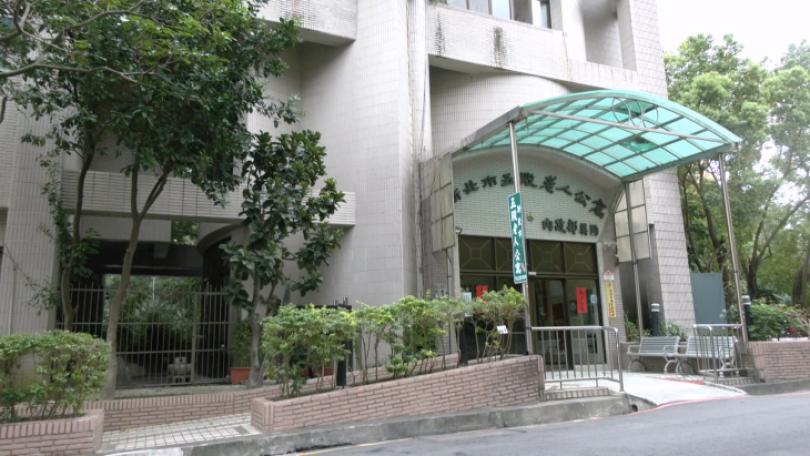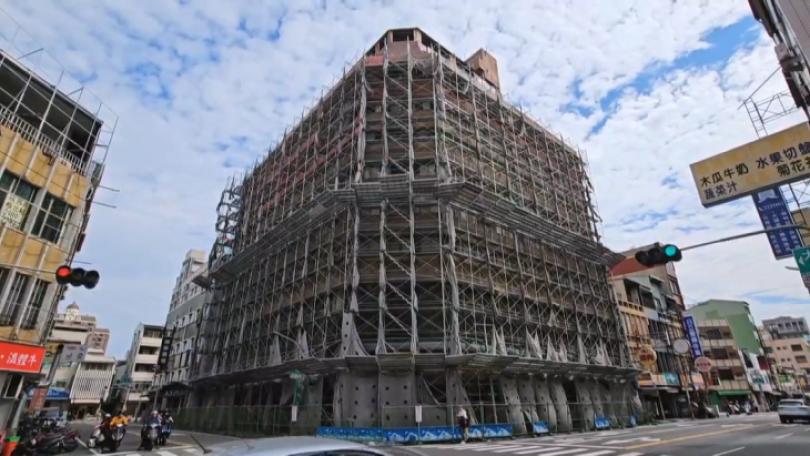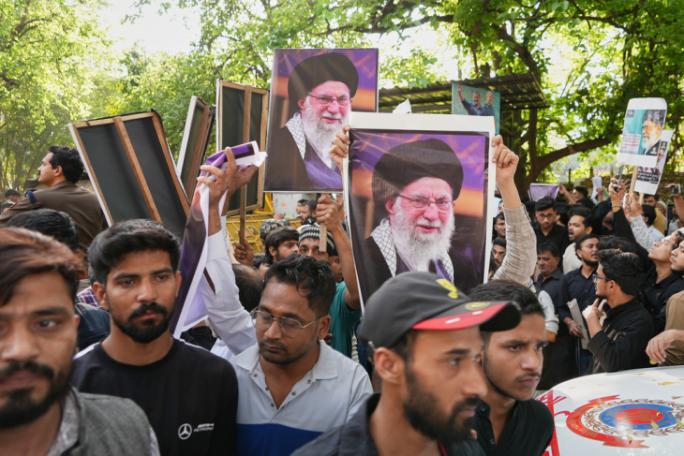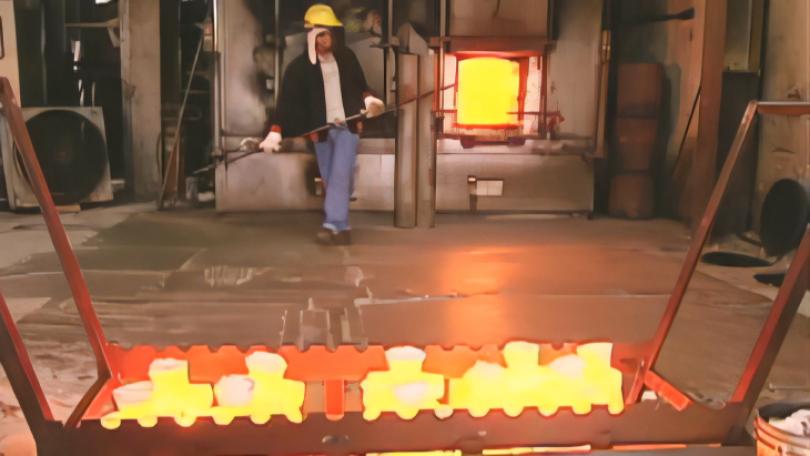Different Opinions on Statute for Industrial Innovation Amendments 政院通過「台版晶片法案」 引發正反意見
Last week, the Executive Yuan finalized a draft amendment referred to as“Taiwan's Chips Act.”The draft is to be sent to the Legislative Yuan for review. However, the chairman and founder of Powerchip Technology Corporation, Frank Huang thinks it seems to benefit TSMC more than other companies, and that he will oppose the amendment.
The Executive Yuan approved the draft amendments to include Article 10-2 in the Statute for Industrial Innovation on Nov. 17, which proposes higher tax breaks on R&D expenses for high-tech companies. The proposal is to help steer investment back into the island and consolidate its competitive edge in the semiconductor and other sectors. Some experts say, however, that the proposed amendments don't offer as many benefits as other countries.
Wang Mei-hua, Minister, MOEA: “Taiwan has a well-established semiconductor ecosystem but we want to keep moving forward, that's why we proposed Article 10-2 to make some changes. There are other aspects to be addressed and we will pull them out for discussion in the future.”
There have also been reports saying that the global supply chain is shifting away from Taiwan. Economic Affairs Minister Wang Mei-hua said those reports of global tech firms cutting dependence on Taiwan-made chips are inaccurate; Taiwan is irreplaceable in the semiconductor industry, the ministry said. The ministry also added that Dutch semiconductor equipment manufacturer ASML will also be expanding its investment in Taiwan. The proposed amendment received positive responses from several semiconductor companies. However, chairperson and founder of Powerchip Technology Corporation, Frank Huang questioned and criticized that the amendment seems to benefit the Taiwan Semiconductor Manufacturing Co. (TSMC) more than other companies. This raised questions on the eligibility for the tax breaks and their coverage.
Chiu Hsien-chih, Legislator (NPP): “Make it clear on eligibility criteria for Article 10-2 and its coverage.”
Wang Mei-hua, Minister, MOEA: “We will conduct cross-agency discussions and consult experts. We will determine what areas are considered for the tax breaks.”
Yang Chiung-ying, Legislator (KMT): “What is your estimated timeline?”
Wang Mei-hua, Minister, MOEA: “We will finalize the draft in a month or two now that it's been passed. We will then present the final version of the amendment for discussion.”
Wang promised to present a final draft of the amendment as soon as possible. On another note, Wang added that Taiwan is also striving for a stronger presence in the global car industry by increasing its microchip production and supply.
各國力推半導體產業發展,行政院也在上週通過,產創條例第10條之2,俗稱台版晶片法案,但外界質疑利多似乎相較其他國家來得薄弱。
經濟部長王美花說道:「台灣是已經有一個既有的一個生態系,我們希望能夠更前進,所以我們才取10條之2,這樣的方式做修改。未來在整個半導體的發展上,其實是還有其他的面向,會陸續端出來。」
除了扶持台灣半導體發展,外界更關注,半導體是否有去台化問題?王美花強調,目前有上千家半導體產業都在台灣,沒有任何國家能取代台灣,加上荷廠艾司摩爾,也要在台灣加碼投資,沒有去台化疑慮。只是,台版晶片法案通過後,包括台積電等半導體企業都樂觀其成,但力積電董事長黃崇仁,卻質疑法案似乎獨厚台積電,外界關注,晶片法案的適用對象和範圍。
時代力量立委邱顯智提及:「界定這個產創條例第10條之2的適用範圍跟資格條件?」經濟部長王美花表示:「應該會跨部會以及找專家來確認,可能哪些的部分,是屬於這樣的這個範圍之內。」
國民黨立委楊瓊瓔問道:「你們預估的時程大概什麼時候?」經濟部長王美花說道:「通過之後,我們盡量在一兩個月之內,把子法的草案訂出來,訂出來跟大家溝通。」
強調會盡快公布法案的相關內容,王美花指出,期許台灣未來在車用晶片供應上,也能在國際中占有重要地位。









